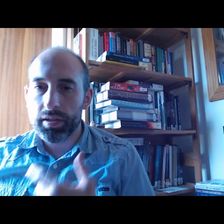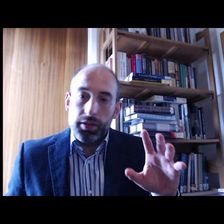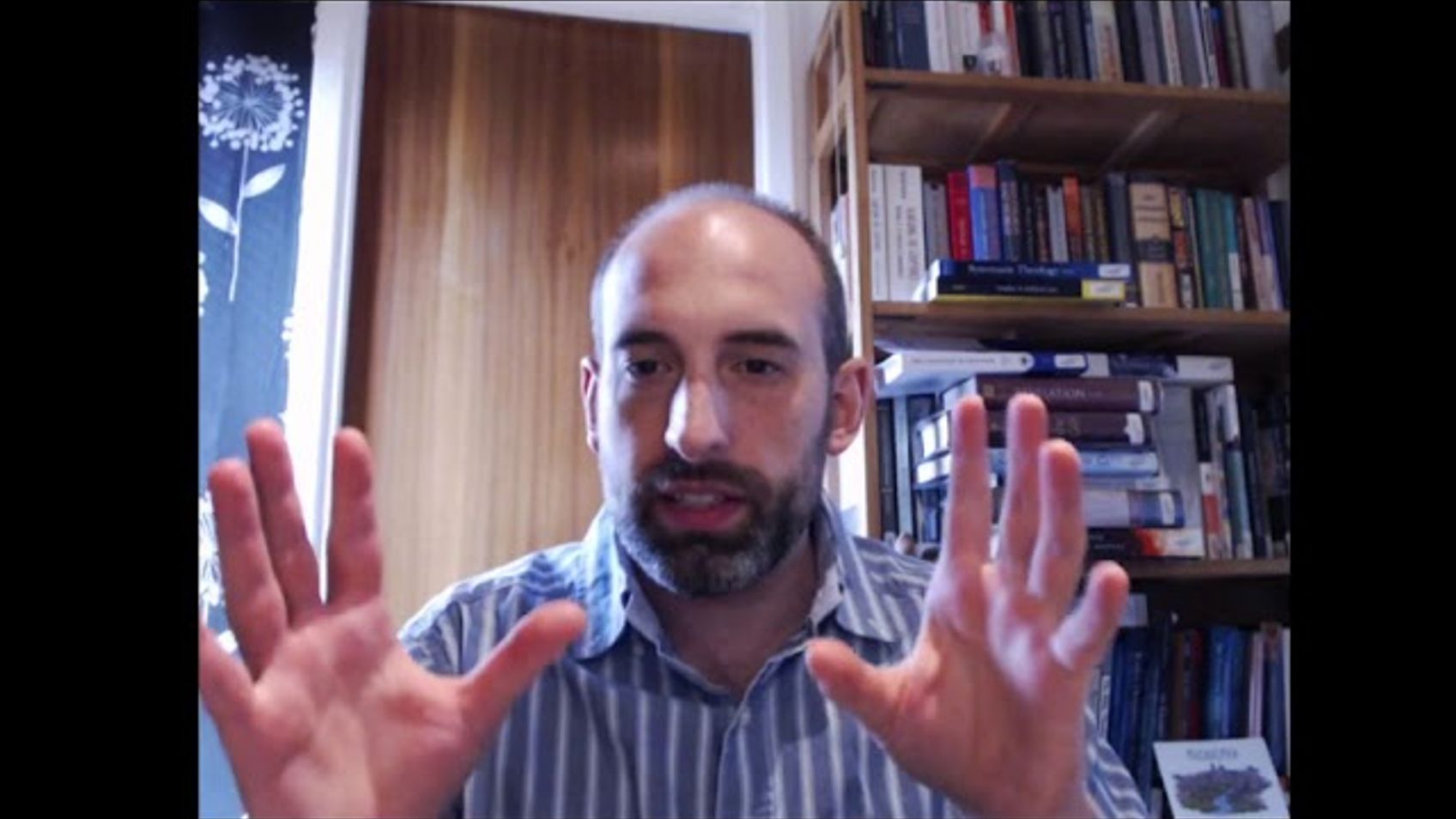Q&A#22 Why Does Figural Preaching Matter?

Today's question: "I would like to ask a two-part question: (a) could you give a defense from the Scripture for figural preaching and typological reading; (b) how would you respond to the criticism of typological exegesis as a way seeking hidden meanings and connection that probably no one else has noticed, thus focused a lot on novelty?"
Within the video, I reference this recent talk I gave on the subject of the transfigural reading of Scripture: https://englishlabri.podbean.com/e/seeing-the-transfigured-word-alastair-roberts/.
If you have any questions, you can leave them on my Curious Cat account: https://curiouscat.me/zugzwanged.
If you have enjoyed these videos, please consider supporting me on Patreon: https://www.patreon.com/zugzwanged.
My new Soundcloud account is here: https://soundcloud.com/alastairadversaria. You can also listen to the audio of these episodes on iTunes: https://itunes.apple.com/gb/podcast/alastairs-adversaria/id1416351035?mt=2.
More From Alastair Roberts






More on OpenTheo















